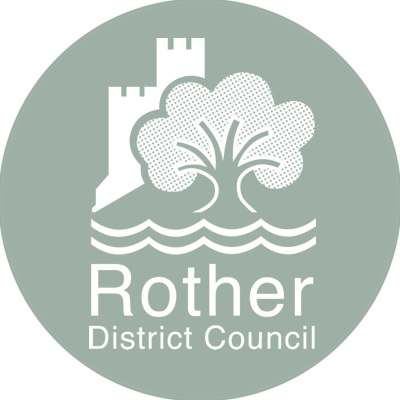Agenda item
Electric Vehicle Charging in Car Parks owned by Rother District Council
Minutes:
In agreement with the Climate Change Steering Group (CCSG), the Chair changed the order of the Agenda to consider Agenda Item 6 next.
Consideration was given to the report of the Head of Neighbourhood Services which detailed the delivery of Electric Vehicle (EV) charging points in Council owned car parks across the district. A key priority in the Council’s Rother Environment Strategy adopted in September 2020 was air quality, sustainable transport and energy. Government statistics detailed that transport was the largest source of carbon dioxide emissions (37%).
The Council’s Corporate Plan 2020-2027 stated that installation of EV charging points would begin in appropriate Council owned car parks by 31 December 2021; it was noted that the target had been missed. Recently, sales of EVs had risen and the Government continued to introduce policy, investment and fiscal measures to promote the development of this market and ultimately ban sales of petrol and diesel vehicles by 2030. Therefore, provision of a reliable public network / infrastructure was essential.
It was noted that the capital costs of delivering infrastructure could be significant and generating profit was unlikely in the short term. Opportunities to collaborate with the private sector were increasing and there was the potential to install infrastructure at no capital investment cost to the Council. However, this meant that the Council would have limited control over the location of EV charging points, rates and revenue collected.
At present there were nine EV charging locations across the district namely Cooden Beach Hotel, Yeomans Hyundai Bexhill, Aldi Bexhill, Flimwell Park, Battle Brewery, The Bell in Iden, Flackley Ash Hill Hotel in Peasmarsh, The Gallivant in Camber and Route 1066 Café at Johns Cross. Unfortunately, not all were accessible to the public. It was noted that East Sussex County Council was responsible for the provision of on-street EV installations.
The Council owned 44 car parks, 16 were free of charge (predominantly rural) and 28 were pay and display (predominantly urban). Car parks were operated under the District of Rother (Off-Street) Parking Places Order 2020 which provided a legal framework for the Council to manage and enforce parking regulations.
It was proposed that a procurement exercise be commenced by the East Sussex Procurement Hub to source an appropriate Provider to provide equipment and install EV charging points (dual or single) at nil cost to the Council in several car parks across the district, ensuring there was at least one in Battle, Bexhill and Rye. A feasibility study would be requested to identify suitable locations, equipment / technology required, as well as maintenance, pricing (payment methods) and costs. The type of technology installed would be dictated by the available power supplied at each location.
During discussion, the following salient points were noted:
· 100% renewable energy sources would be used.
· In the short-term, loss of revenue was expected (details were unknown at this stage). Revenue might not be realised until at least 2-3 years after contract commencement, possibly longer.
· Once procured, the project could take approximately 12 months to complete. 15 to 20 year contract anticipated.
· Advantages – all risks would be transferred to the Provider.
· Disadvantages – the Council would have less control.
· Providers would have the opportunity to apply for Government and specific funding sources.
· Two different types of charges: ‘Fast’ (2-3 hours plus) or ‘Rapid’ (60 minutes). It was anticipated that dual ‘Fast’ charging points would be installed. However, this would be dependent on the power supply available and type of technology / equipment installed.
· EV charging bays would be chargeable (they did not provide free parking).
· Planning Strategy included the provision of EV charging points within all new development.
The Director – Place and Climate Change advised that partnership discussions had commenced regarding the county’s EV infrastructure requirements. In future, it was anticipated that there would be greater opportunities to work in partnership with other local authorities.
The CCSG recommended that Cabinet approve the procurement of a Provider to install EV charging infrastructure in selected Council owned car parks at nil capital investment to the Council. Members were keen to see the project commenced as soon as possible with the maximum number of charging points installed.
RESOLVED: That Cabinet approve the procurement of a Provider to install EV charging infrastructure in selected Council owned car parks at nil capital investment to the Council.
Supporting documents:
